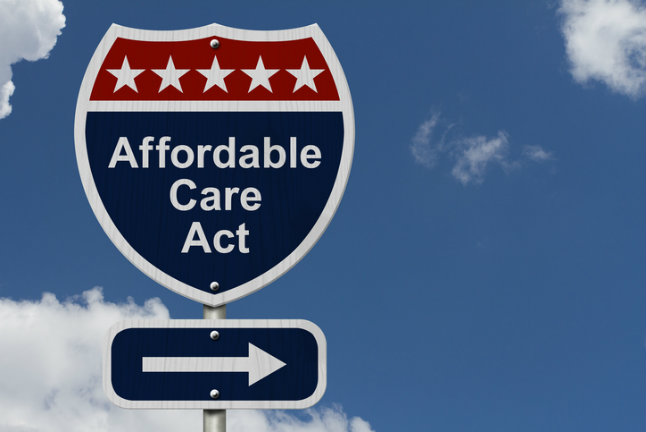Whether a child is taking a math test or playing in a championship or receiving treatment in a hospital, he or she is bound to be anxious.
Just as a teacher has study guides to help the student get ready for the test or a coach runs drills to help the athlete be confident for the game, healthcare providers (and parents) can help pediatric patients prepare for a hospital stay using medical play.
Medical play is a therapeutic approach that uses real and pretend medical equipment, stuffed animals and dolls to assist pediatric patients in understanding not only the hospital itself but also what is happening with their own bodies. It is focused on activities that both enable a child to respond effectively to difficult medical situations and also support the child’s normal development.
In this post, we’ll discuss the best ways to leverage medical play and the benefits it can provide to pediatric patients, their parents and healthcare professionals.











